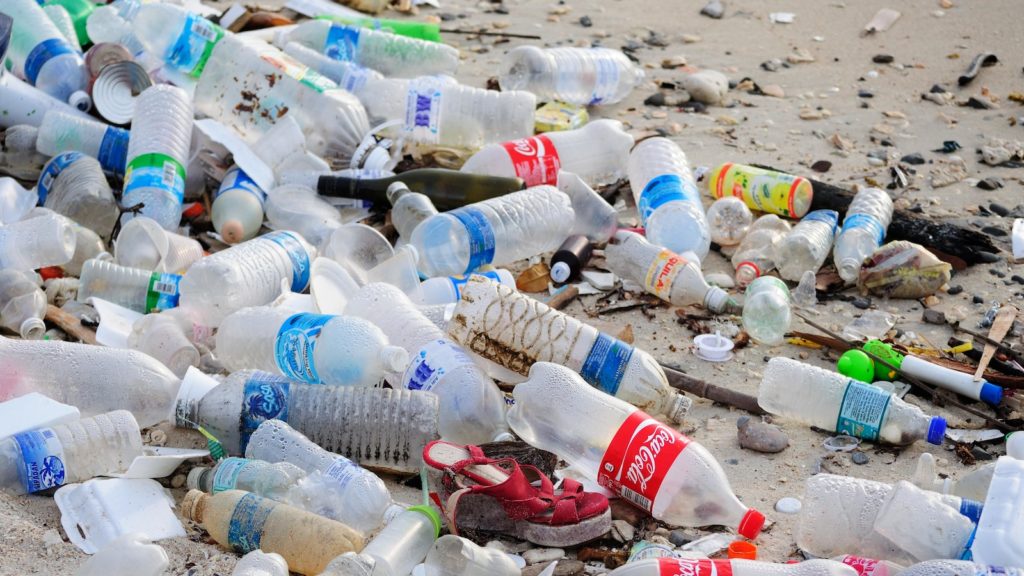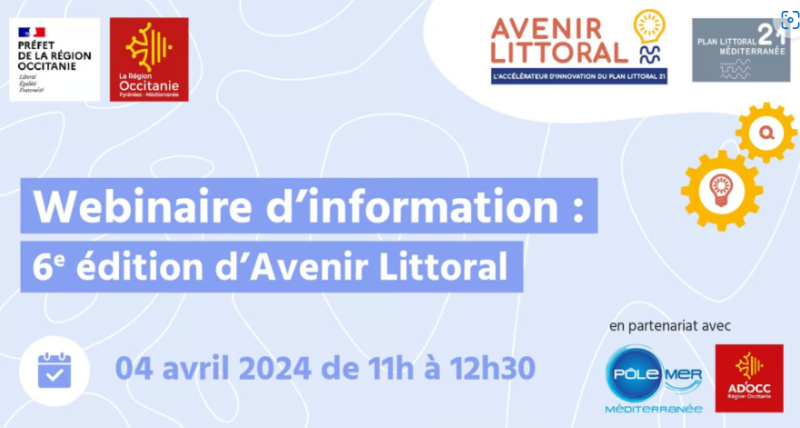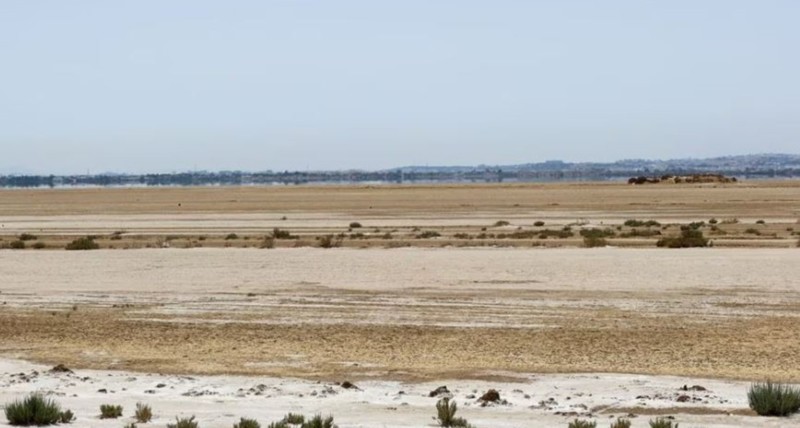As expected, the Geneva negotiations on plastic pollution ended in failure. But many refuse to give up, including members of the international parliamentary coalition ICEPP, of which Tunisia is a member.
They are determined to continue a “concerted” fight against this scourge. “This deadlock is a collective lesson: consensus at all costs has once again proven incapable of producing a treaty that meets the urgency of the crisis—a treaty so eagerly awaited by the entire world. While multilateral processes require time and patience, they can also reinvent themselves and take diverse forms,” the coalition stated in a press release.
In concrete terms, about fifty parliamentarians from more than 30 countries will mobilize, united by the common will to work together to resolve this crisis.
Riadh Jaidane, a member of ICEPP who attended the Geneva negotiations, stressed that “Tunisia’s position was clear during these negotiations. It supports a binding treaty despite the resulting need to amend laws, certain economic production systems, and even mentalities.”
“Unfortunately, after 10 days of negotiations, the 184 countries gathered in Geneva failed to adopt a binding treaty to end plastic pollution, despite all the efforts of civil society, our coalition, and all the states that share our position,” he lamented in a statement to TAP.
“It is a shame for our planet, but we will not give up. The fight continues. Around 50 of us parliamentarians have decided to act at the national level, each in our own way, by proposing initiatives and, why not, draft laws against plastic pollution that scars our environment and poses a real danger today to human health and to younger generations—particularly microplastics, which are everywhere.”
“As a Tunisian parliamentarian, I believe that the fight against plastic pollution transcends borders and requires coordinated action at the highest intergovernmental as well as interparliamentary levels,” Jaidane added.
Defending an “Ambitious and Binding” Treaty
The Tunisian parliamentarian also stressed the urgency of “intensifying advocacy with our respective governments to defend an ambitious and binding treaty that truly tackles the root causes of this environmental crisis.”
He expressed optimism about future awareness and “our collective ability to rise to the challenge of plastic pollution. With the determination of parliamentarians worldwide, the growing commitment of civil society, and technological innovation, we have all the tools to turn this crisis into an opportunity.”
According to the Inter-Parliamentary Coalition to End Plastic Pollution (ICEPP), “the interests of our citizens and the protection of the environment in which they are born and thrive must be the compass of all action. As elected representatives of the people, this is also our duty and our commitment.”
The coalition members further called on governments around the world to continue discussions with effectiveness and determination, in order to reach an ambitious, legally binding, and clearly defined treaty capable of addressing the urgency and scale of global plastic pollution.
The Capacity to Act Remains Intact
They believe that the absence of a treaty today *“in no way diminishes our ability to act. Our coalition remains mobilized: whatever the outcome of the negotiations, we will continue this fight. With or without a text, we will work tirelessly and use every legislative tool at our disposal to make the voices of our citizens heard.
Faced with the urgency of the plastic crisis, we will act in a spirit of collaboration and with the highest standards of environmental and health protection.”*
It is worth recalling that Tunisia, like all Mediterranean countries, is heavily affected by plastic pollution, particularly in the marine environment and on its beaches.
Within the framework of the “Adopt a Beach” program aimed at monitoring marine litter in Tunisia during 2023–2024, data collected in the field by volunteers from the World Wide Fund for Nature (WWF North Africa – Tunis office) on various Tunisian beaches showed that plastic waste largely dominates the coasts.
More than 30,000 small pieces of plastic, 23,000 plastic caps, 17,000 plastic straws, and 12,000 pieces of polystyrene were identified and collected.
Large quantities of cigarette butts—over 78,000—were also recorded. A single cigarette butt can pollute up to 500 liters of water. Cigarette butts also contain toxic chemicals that can harm marine life and ecosystems.
The highest pollution levels were recorded on the beaches of Kheïeddine (3,766 pieces/100 meters) and Mahdia (1,775 pieces/100 meters).
According to WWF North Africa, these data highlight the urgent need to change our behaviors and strengthen awareness and environmental protection efforts.




